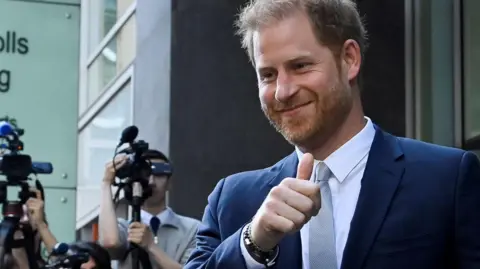 Reuters
ReutersDid the hero Prince slay the tabloid dragon? Or to quote one of its most memorable headlines, was it The Sun Wot Won It?
The dust is still settling on the settlement of Prince Harry’s epic legal battle against News Group Newspapers.
Had the trial gone ahead, Prince Harry would have alleged he had been the victim of unlawful newsgathering by NGN journalists between 1996 and 2011 – and that its leaders covered up wrongdoing by destroying evidence – something that the company denied. But the eight-week trial didn’t happen because the two sides suddenly settled.
He’s scored an apology for intrusion by The Sun, including NGN accepting that there was unlawful information gathering by private investigators working for the newspaper.
NGN has not admitted unlawful activity by journalists or editors – and the settlement means a judge won’t now have to decide if there was, as the Duke’s team alleges, a corporate cover-up of wrongdoing – a claim NGN vehemently denied and said it would fight at trial.
The space between those positions, in which both sides will feel they won something, is now the battleground.
The question is how far, realistically, can a campaign around historical events go? Is this week a reboot of investigations or, in fact, the final chapter?
The main focus of pressure and lobbying will be the police – because campaigners believe Scotland Yard didn’t go far enough in its previous investigations, missing opportunities to widen its focus beyond wrongdoing at The News of the World.
‘Dossier’ being prepared
Speaking to the BBC on Friday, actor Hugh Grant – who said the financial risks forced him to settle, with The Sun’s owners last year – said the police’s job was not done “by any means” – and suing the newspapers was never going to get at the full truth.
So all eyes will be on Lord Tom Watson, the former Labour deputy leader, who NGN admits was placed under surveillance by News of the World journalists in 2009.
The last remaining claimant alongside Prince Harry, he says a dossier will go to the Metropolitan Police.
The Met for its part says there is no active criminal investigation into alleged newspaper wrongdoing.
That statement also means there’s no current probe into the separate Mirror Group titles, despite a judge ruling in 2023 that they had used phone hacking to get information on Prince Harry.
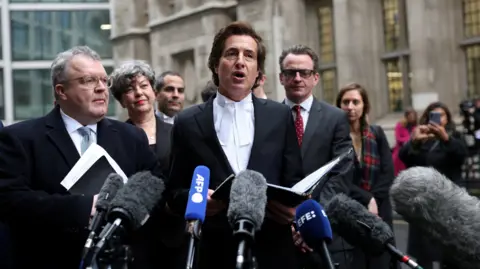 Reuters
ReutersSo why no investigation?
The police aren’t ruling one out, but Sir Mark Rowley, the Met’s commissioner, told LBC radio on Friday that they would need to see something “radically new”.
And that’s because Scotland Yard takes the view that it carried out a huge investigation 10 years ago.
Team Harry believe this is profoundly myopic. While some of their planned evidence for the NGN trial had come from the police, his lawyers also obtained new documents from NGN itself under rules for a fair trial.
Could that be new evidence? Let’s take the example of the records of the myriad of payments to private investigators.
Team Harry and Watson would have sought to prove at a trial that many were for unlawful activity. On one level you can see that would arguably fit a test of something radically new.
But, in its defence, News Group would have argued that none of this proved journalists or anyone else at the Sun knew information was being unlawfully gathered – far short of a whiff of a criminal enterprise.
What this single episode we had been expecting to see at the trial shows is how each allegation against NGN would have been fought rather than conceded. And if the police knock on the company’s door with its truncheon, they are likely to face a similarly robust response.
And that’s why the thrust of Lord Watson’s promised dossier to the police will become important. It will have to say something really big. And in the absence of a court finding – that challenge becomes larger still.
Other bodies could in theory act. Parliament’s Culture, Media and Sport Select Committee investigated phone-hacking allegations in 2011. It’s likely to face calls to review the evidence of NGN CEO Rebekah Brooks and others – evidence that NGN will stand by because there’s been no finding in court of unlawful activity by journalists, editors or executives.
There’s also the Information Commissioner’s Office. It had a role in the origins of this story, investigating privacy and data breaches by private investigators. The ICO says it has no plans to reopen or review this investigation.
The government has already ruled out launching “Leveson 2”, the second leg of the public inquiry promised by David Cameron. It was meant to investigate “unlawful or improper conduct” across tabloids and whether the police, put simply, had turned a blind eye to it because they had been corrupted by getting too close to journalists who may have been paying them off. But it never happened.
Labour in government won’t revisit it because too much time has passed.

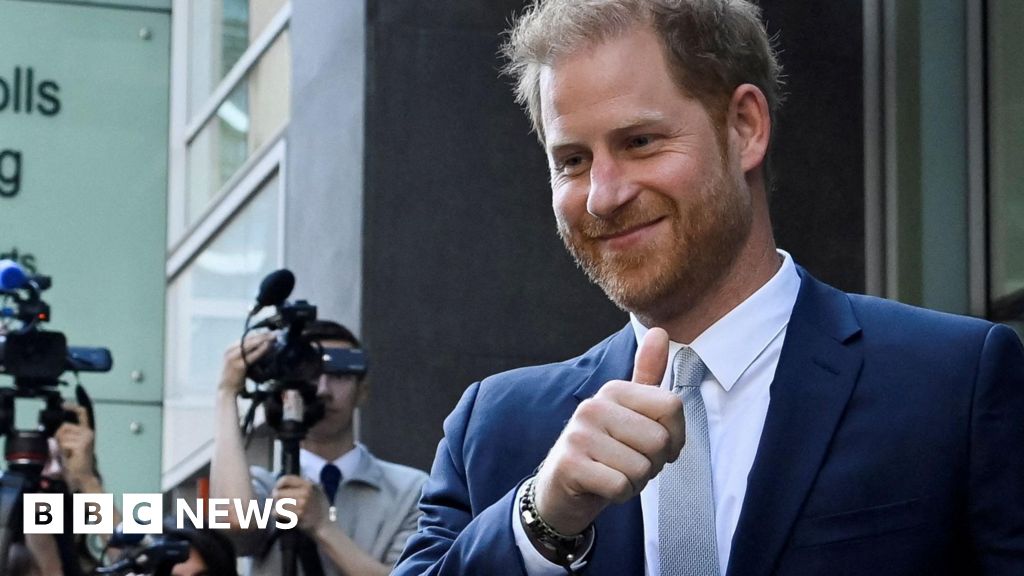

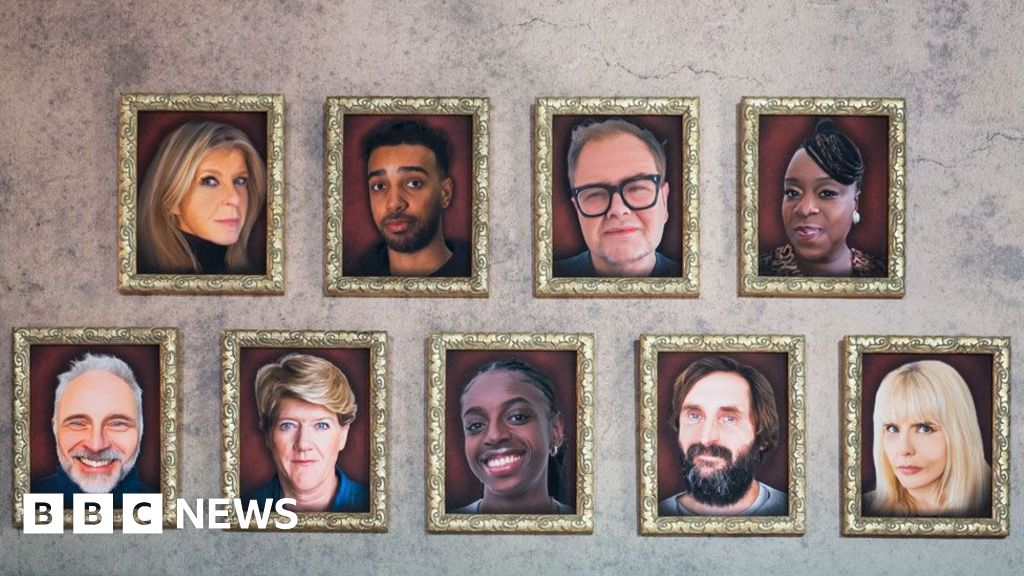
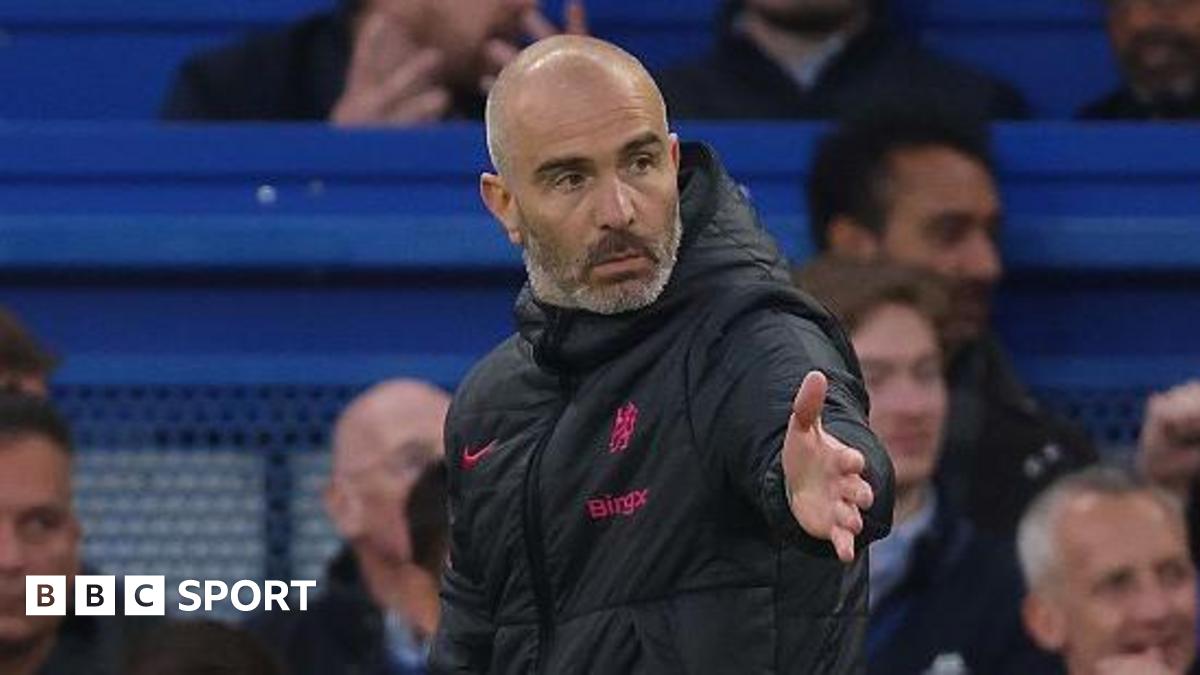
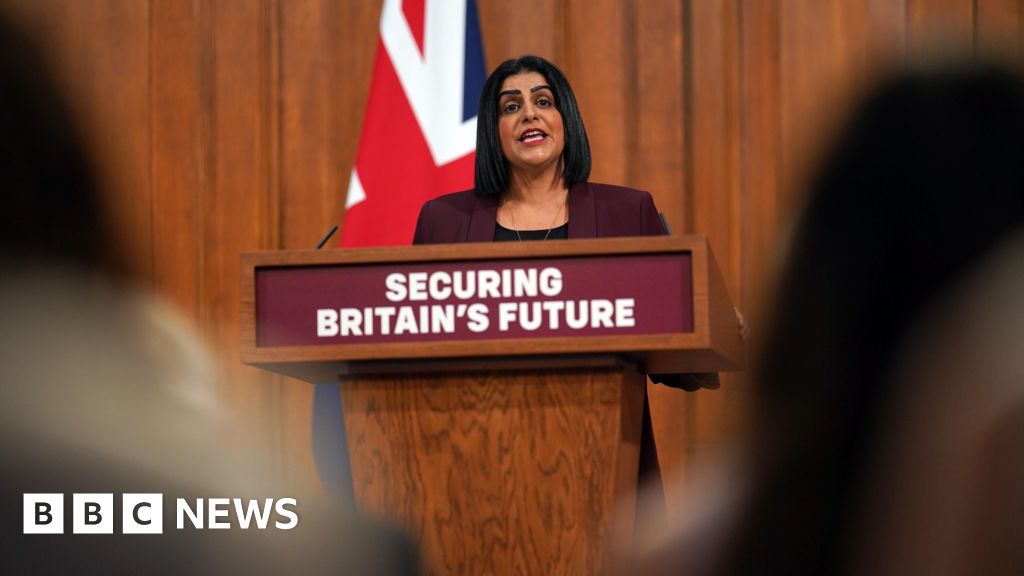
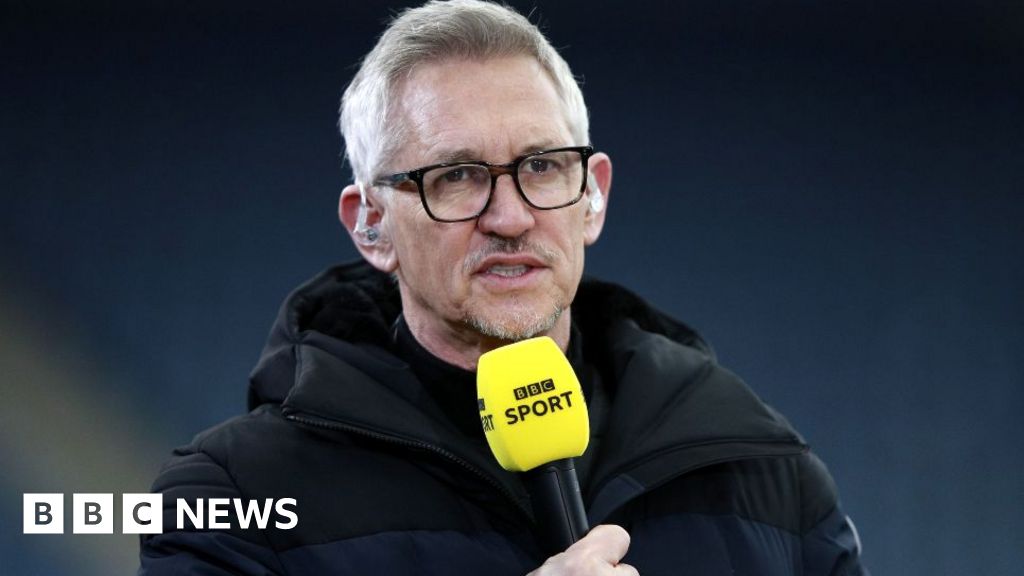
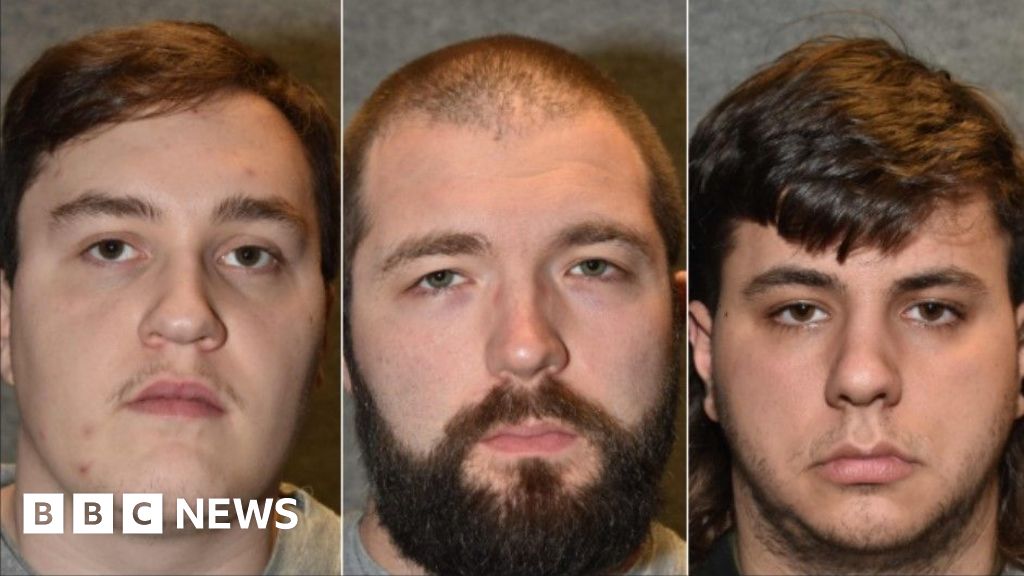
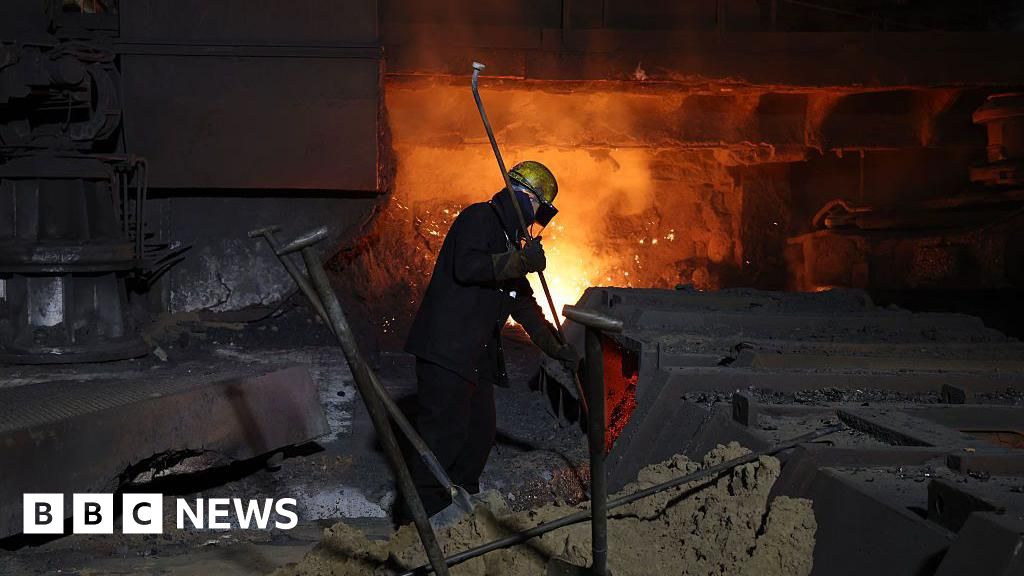
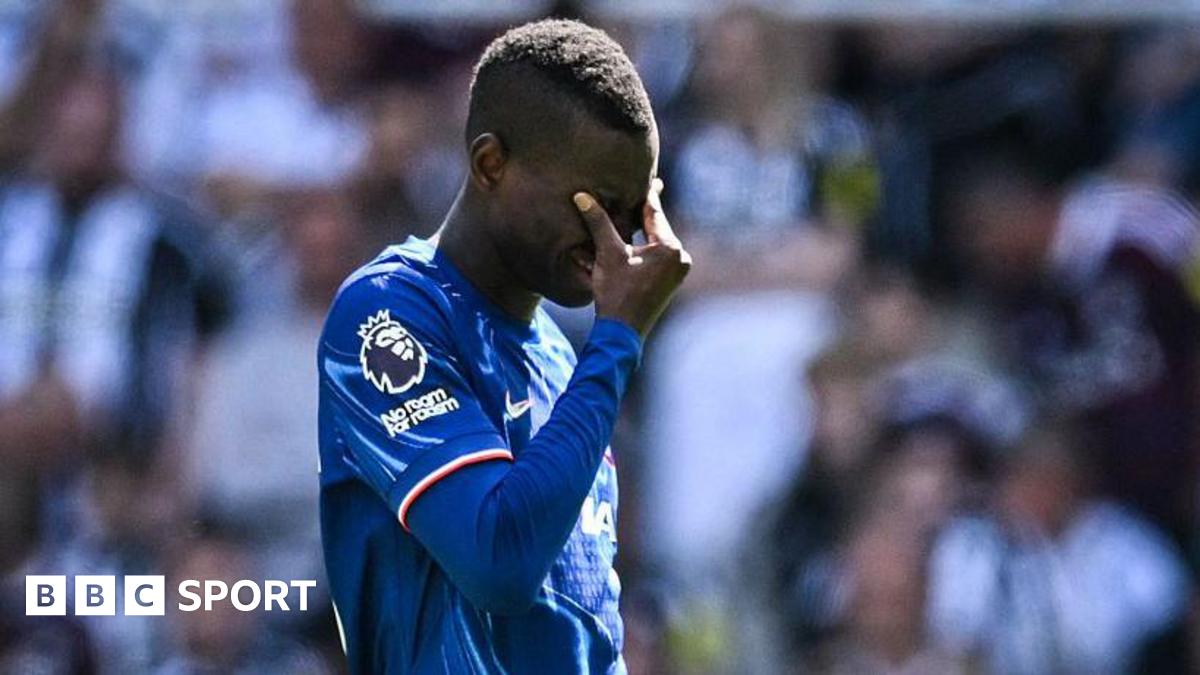
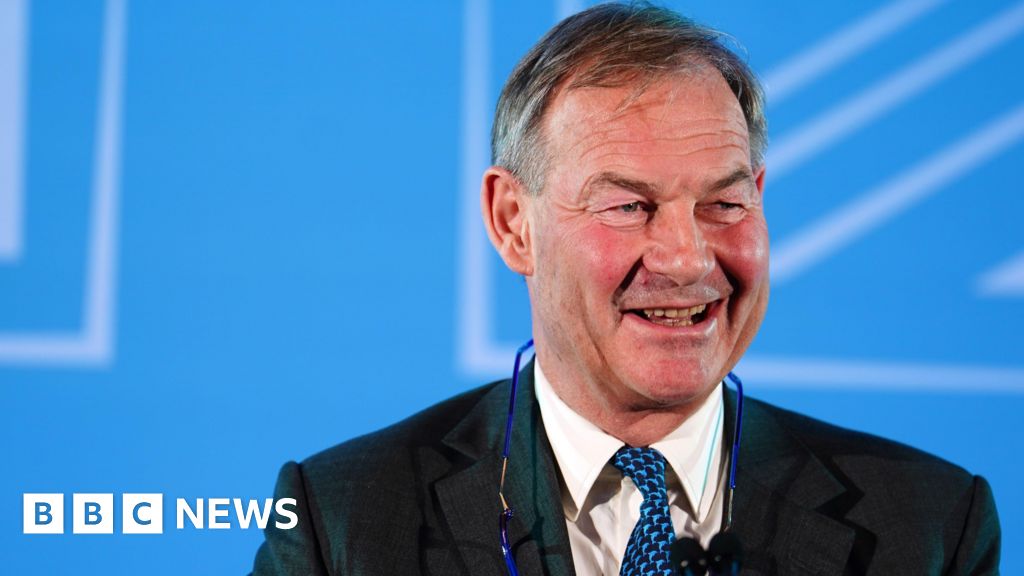
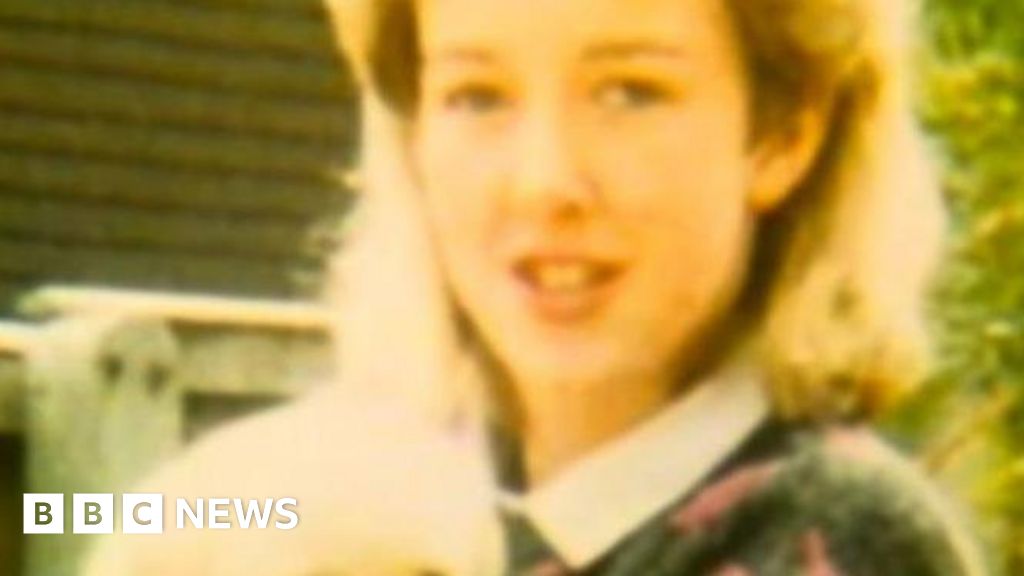
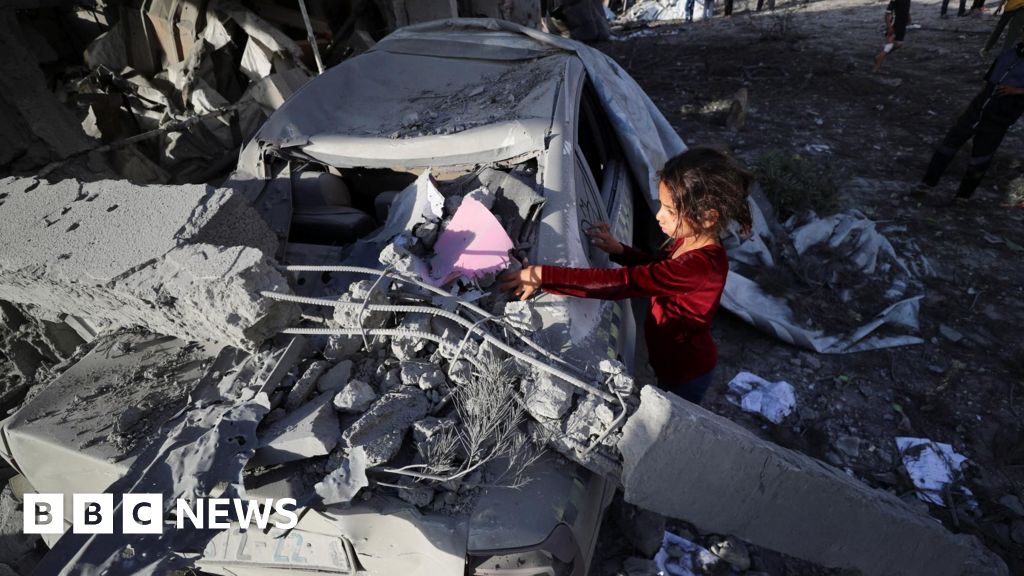

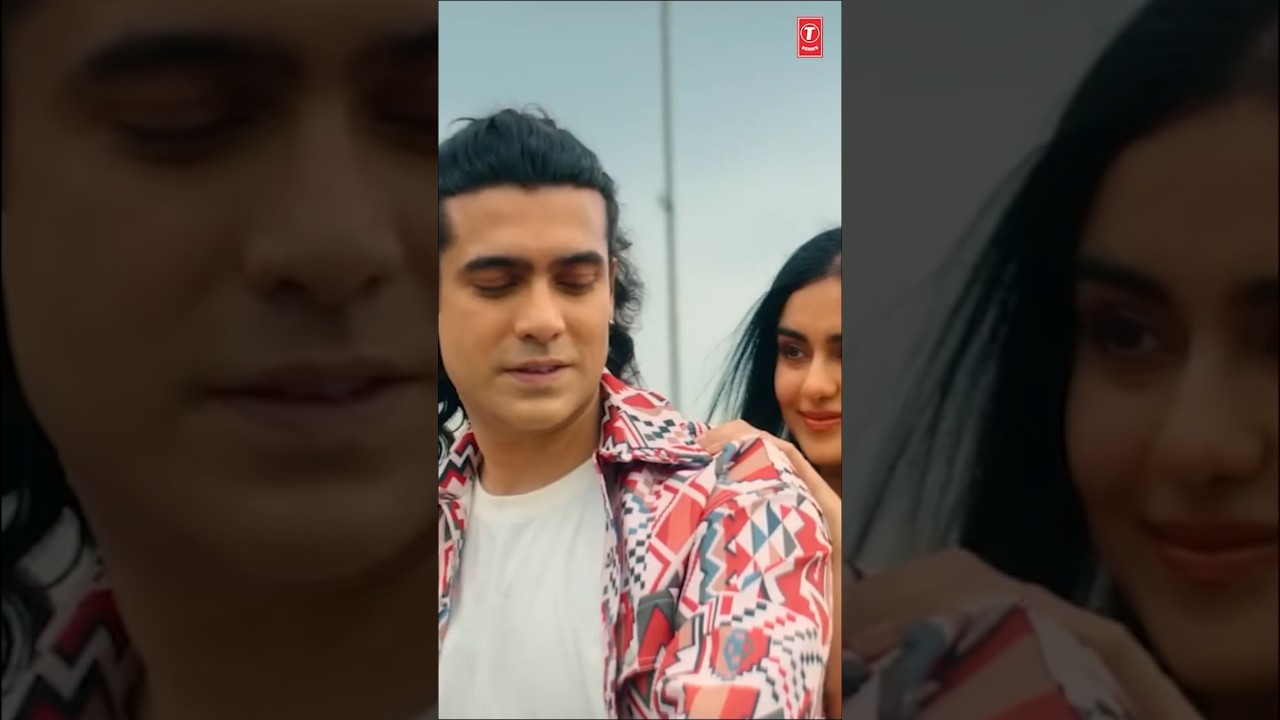
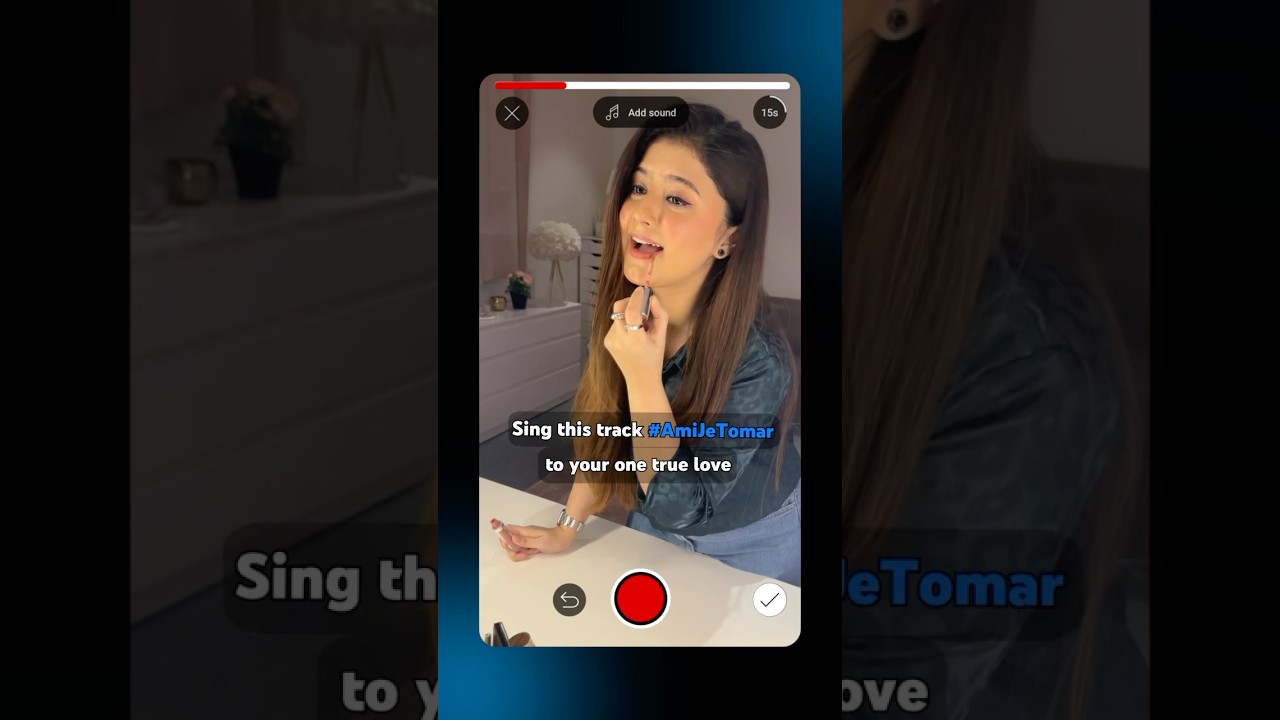
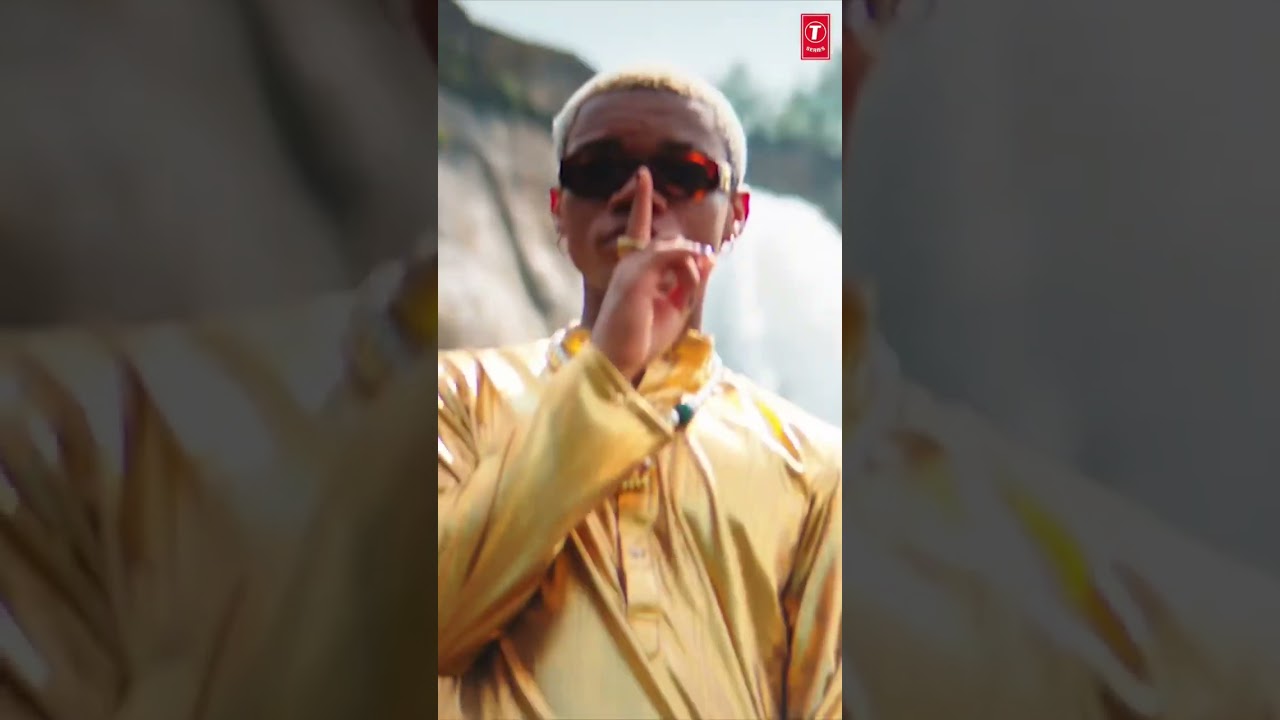
Leave a Reply